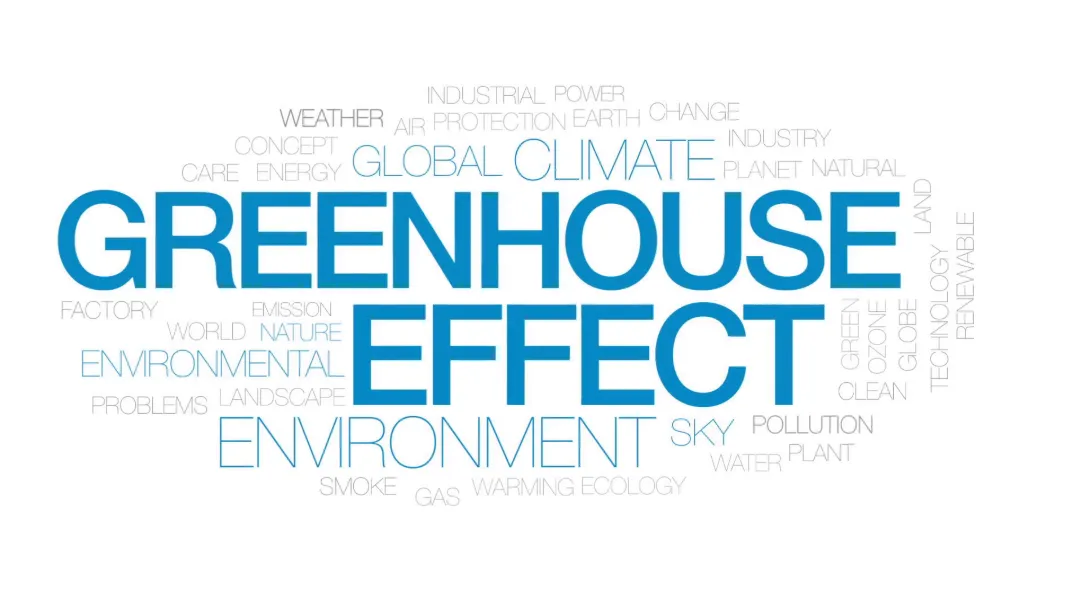
Earth tends to warm up and one of the causes is pollution by greenhouse gases. The greenhouse effect is the phenomenon in which certain gases present in the atmosphere retain some of the energy emitted by the soil after being heated by Sun. The greenhouse effect is being accentuated by the emission of certain pollutants due to human activity such as CO2, methane or nitrous oxides.
CO2 contributes 55% to the greenhouse effect, nitrogen contributes 5%, methane 20% and chlorofluorocarbons 20%. The mixture of these four gases is what contributes to the global greenhouse effect.
The greenhouse effect is a natural atmospheric phenomenon that makes it possible to maintain a pleasant temperature on Earth of around 15ºC by retaining part of the energy that comes from Sun. Without gases such as carbon dioxide and water vapour the temperature would be much lower which would make life as we know it today unviable.
This effect, which can be dangerous beyond certain limits, is what allows us to live on Earth. If we didn't have the greenhouse effect produced by this layer on Earth, made up of the above-mentioned materials, we would have an average temperature in the Earth of -33ºC. The problem occurs when we pollute the atmosphere and thus receive too much radiation, resulting in global overheating.

| Posts that may be of interest |
|---|
| Why do we lie? |
| A new hope for curing the common cold |
| What is hypnosis? |
| Viruses and their relationship to the autoimmune response |
